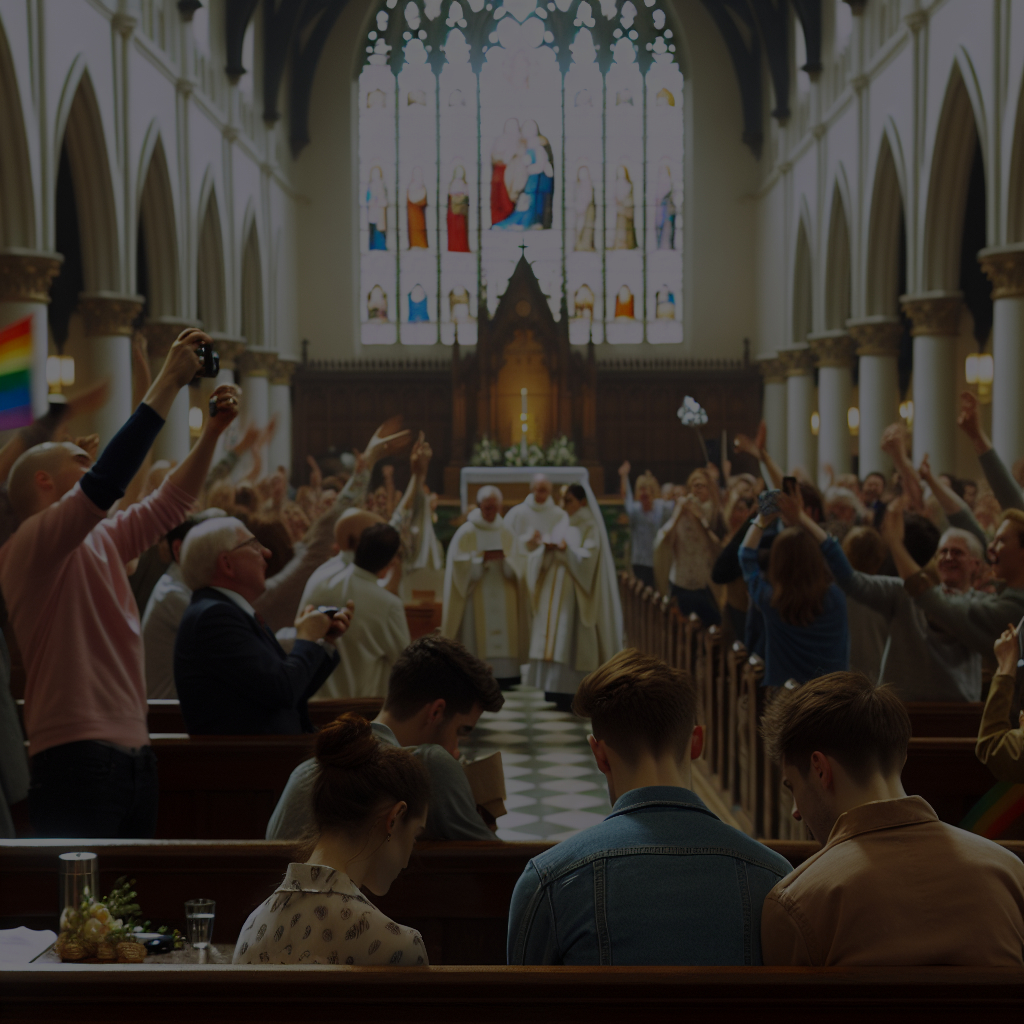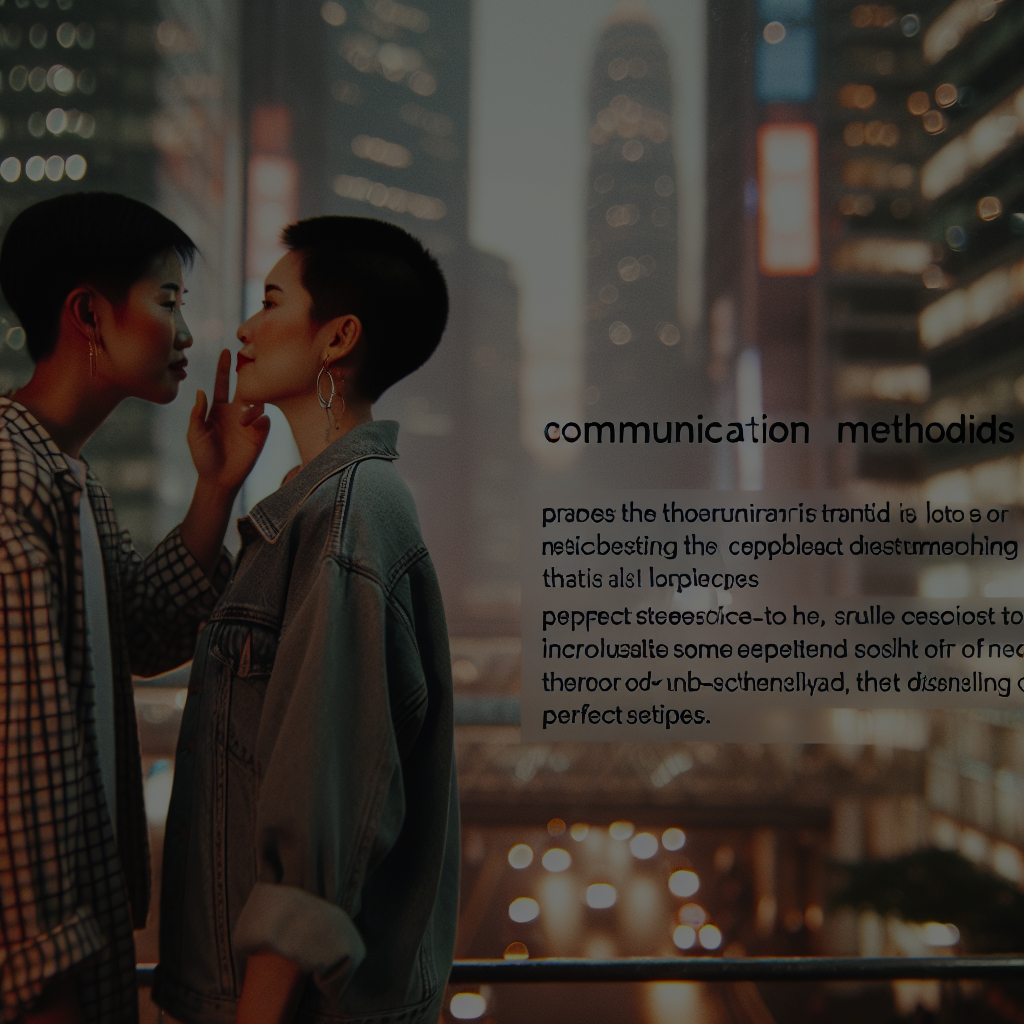Unprecedented Participation of LGBT+ Associations in the Jubilee
For the first time in history, Christian LGBT+ organizations and their allies were officially permitted to pass through the Holy Door of the Jubilee at St. Peter’s Basilica in Rome on September 6 and 7. This event, part of the Holy Year celebrated every twenty-five years, represents a meaningful shift in the Catholic Church’s stance toward LGBTQ+ individuals. While this inclusion marks a major pastoral transformation, Church doctrine remains unchanged—highlighting a growing openness in tone and approach.
A Continuation of Pope Francis’ Inclusive Vision
This development is rooted in a broader shift initiated by Pope Francis in 2013, when he famously said: “If someone is gay and is seeking the Lord and has goodwill, who am I to judge?” This marked a distinct departure from the more rigid stance of his predecessor, Pope Benedict XVI, who had referred to homosexuality as an “objectively disordered condition.” In contrast, Pope Francis stated that homosexuality “is not a crime, but a human condition,” paving the way for a more welcoming and inclusive Church.
Fiducia Supplicans: A Step Toward Pastoral Recognition
In 2023, the Vatican’s declaration Fiducia Supplicans authorized blessings for couples in “irregular situations,” including divorced and remarried individuals as well as same-sex couples. While not a doctrinal reform, this gesture emphasizes mercy and spiritual accompaniment over strict adherence to Church rules. It aligns with the Pope’s 2022 letter to Father James Martin, in which he wrote, “The Church is a mother and welcomes all her children,” reaffirming a compassionate vision of Christianity focused on inclusion rather than exclusion.
Resonance With Early Christian Traditions
This modern development can be seen as a return to the more nuanced and tolerant approaches of early Christianity. Historian John Boswell noted that the early Church showed greater openness toward same-sex relationships, often recognizing “spiritual bonds” between individuals. These were considered sacred connections. However, by the 14th century, the Church had come to strongly condemn homosexuality, increasingly equating it with heresy. Scholar Maurice Lever highlighted how the Roman institution played a significant role in fostering this association over the centuries.
A Reconciliatory Pastoral Approach Under Pope Leo XIV
Pope Leo XIV, Francis’ successor, is continuing this progressive path. During a September 1 audience with Father James Martin, he reaffirmed his commitment to building a more inclusive Church. While he reiterated his support for traditional marriage, he did not rule out the blessing of same-sex couples, emphasizing his desire to welcome “everyone, everyone, everyone.” This approach echoes the ideas of theologian James Alison, who advocates for a Church rooted in healing, compassion, and the full integration of LGBT+ individuals into the life of faith.
Toward a Church Without Exclusion
As early as 2015, the German Bishops’ Conference called for a more compassionate stance toward individuals whose lifestyles diverge from official Church teachings. Their report urged a pastoral approach free from moral condemnation, encouraging open dialogue between the Church and believers whose experiences may conflict with established doctrine.
During the Jubilee Mass for LGBT+ pilgrims, Monsignor Francesco Savino, vice-president of the Italian Episcopal Conference, stated: “It’s time to restore dignity to all, particularly to those from whom it has been withheld.” His message supports the idea that the Jubilee could mark a turning point—a moment for renewed dialogue and reconciliation rooted in Christian values of love, dignity, and respect for all.
Redefining Pastoral Priorities Without Altering Doctrine
This pastoral shift, grounded in a desire for inclusion and healing, does not alter the core tenets of Catholic doctrine. However, it reflects an evolving way of engaging with the diverse realities of human experience—shaped by the spirit of the Gospel and the call to welcome all individuals into the life of the Church.









Deja una respuesta